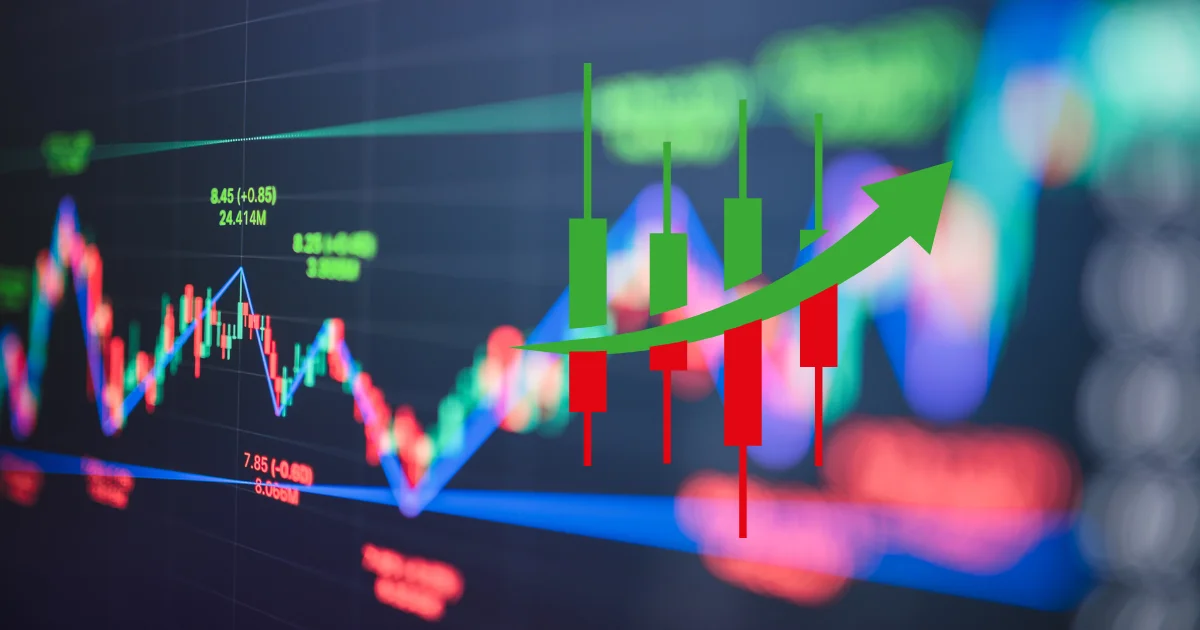Cryptocurrency trading isn’t just a hobby or a fad; it’s a fast-changing business that many people are making their full-time job. As digital assets change the way money works, more and more people are looking into crypto trading as a way to make money and build a career.
This article has all you need to know about the profession of crypto trading and how to make the switch, whether you’re new to digital currency or a seasoned investor.
Understanding Crypto Trading
To make money, people who trade cryptocurrencies buy and sell coins like Bitcoin, Ethereum, and hundreds of other altcoins. There are various digital platforms where this happens, including as Binance, Coinbase, Kraken, and others.
Crypto is open 24 hours a day, seven days a week, unlike regular markets. Traders use fiat or crypto pairs to guess how prices will move, hoping to make money from the changes.
Types of Crypto Trading
1. Trading During the Day:
Traders open and close their positions in one day. It needs continual market watching and technical analysis.
2. Trading in swings:
Here, trades last for days or weeks and are based on market patterns and momentum.
3. Scalping:
A technique that lasts for a few minutes or even seconds. It needs tools that work quickly and spreads that are little.
4. HODLing (Investing for the Long Term):
Investors buy and hold assets for months or years, hoping they will grow over time.
Crypto Market Participants
Retail traders are regular people who trade from home most of the time.
Whales are people or groups that own a lot of crypto.
Institutions: Many hedge funds and businesses are now getting into crypto.
Why Should You Trade Cryptocurrencies for a Living?
Freedom and flexibility: You can trade from anywhere and at any time.
High Profit Potential: Volatility may be a good thing and a bad thing.
Low Barrier to Entry: You don’t need a degree, only skill and money.
Driven by innovation: Blockchain and DeFi keep things interesting.
Skills Required for Professional Crypto Trading
To be a successful professional in crypto trading, you need
Technical analysis skills include being able to read charts and comprehend how prices move.
Risk Management: Knowing how much to put on the line for each trade.
Emotional Discipline: Don’t give in to FOMO, fear-based selling, or vengeance trading.
Analytical Thinking: Making choices based on facts, not gut impulses.
Technical Analysis in Crypto Trading
Traders that work for a living typically use technical indicators like:
Moving Averages (MA)
Relative Strength Index (RSI)
Moving Average Convergence Divergence (MACD)
Doji, Hammer, and Engulfing Candlestick Patterns
These tools help you find patterns and possible locations of entry and exit.
Fundamental Analysis of Crypto Assets
Basic Study of Crypto Assets
Some coins are better than others. How to rate cryptos:
Roadmaps and Whitepapers
The Background of the Founders
Use of Tokens
Use Cases and Support from the Community
These things can help you tell if a project is useful in the real world or just a guess.
Risk Management Strategies
Key strategies include:
Stop-Loss Orders
Position Sizing
Diversification
Risk-to-Reward Ratios
Never risk more than 1-2% of your capital on a single trade.
Choosing the Right Trading Platform
Look for platforms that have:
Features of the platform
Binance: Low fees and a lot of coins to choose from
Coinbase: Easy to use for beginners and regulated
Kraken has strong security and supports fiat.
Make sure the platform is safe, has adequate liquidity, and works in your area.
Making a Professional Trading Space
To be successful in your career, you need:
Two monitors or very wide screens
Internet at a high speed
VPN (for safety)
News feeds and trading tools that you can subscribe to
Legal and Regulatory Considerations
Know what the laws are in your area about:
Know Your Customer (KYC)
AML stands for “Anti-Money Laundering.”
Requirements for Tax Reporting
Traders in a lot of nations now have to record their crypto revenue.
Building a Trading Strategy
A good plan usually has:
Using historical data for backtesting
Paper trading to try out new ideas
Using bots or other techniques to keep things the same
Without a strategy, you have no direction. Always use a system when you trade.
The Psychology of Trading
Your way of thinking is just as crucial as your method:
Don’t trade too much
Manage Your Feelings
Stick to Your Plan
Keep a trading journal
Stay objective, even when the markets aren’t.
Passive vs Active Income in Crypto
Not active:
Staking
Farming for Yield
Providing Liquidity
Active:
Trading by Hand
Arbitrage
Options and Futures
Professionals often use both to keep their income steady.
Transitioning to Full-Time Crypto Trading
Here’s how to make the leap:
Build Savings (6-12 months of expenses)
Start Part-Time
Track Income Consistency
Scale Slowly
Patience is key.
Building a Portfolio as a Professional
Diversify across:
Large-Caps (e.g., BTC, ETH)
Mid-Caps (e.g., LINK, MATIC)
Small-Caps (for growth)
Review and rebalance regularly.
Resources to Keep Learning
Crypto Podcasts (e.g., Unchained)
YouTube (e.g., Coin Bureau)
Online Courses (e.g., Coursera, Udemy)
Trading Forums (e.g., r/CryptoCurrency)
Common Mistakes to Avoid
Overleveraging
Ignoring risk management
Failing to adapt strategies
Getting emotional
Blindly copying others
Success Stories and Real-Life Examples
Some notable names:
CryptoCobain – Twitter influencer
The Moon Carl – Trading educator
Lark Davis – Market commentator
Their travels indicate that it is possible to be successful at trading, but it takes work.
Future of Crypto Trading as a Profession
AI and Bots: More automation
Decentralized Exchanges (DEXs): Greater adoption
Global Regulations: Increasing clarity
The field is just getting started.
Conclusion
If you know what you’re doing, are disciplined, and have a good plan, crypto trading may be a very profitable job. As more and more people look for ways to make money with digital assets, it’s more crucial than ever to learn how to trade crypto and how to make a living doing it. In this dynamic and always-changing field, you may go from being a beginner to a pro with the correct tools, methods, and attitude.
Frequently Asked Questions about the crypto trading profession
Is it possible for anyone to become a professional crypto trader?
Yes, but it will take time, learning, and self-control.
How much money do I need to get started?
You can start with just $100, but having more than $1,000 provides you more options.
Is it legal to trade in crypto?
Yes, but it depends on the rules in your nation.
How much money can I make if I trade full-time?
Some people make thousands of dollars a month, while others lose money. It all depends on skill and plan.

Business Consultant | Web designer & Developer | Social media Manager | SEO | Passionate Learner, I am deeply passionate about learning and continuously improving my skills.
My interests are diverse, ranging from music and singing to computers and programming languages, digital art, AI


